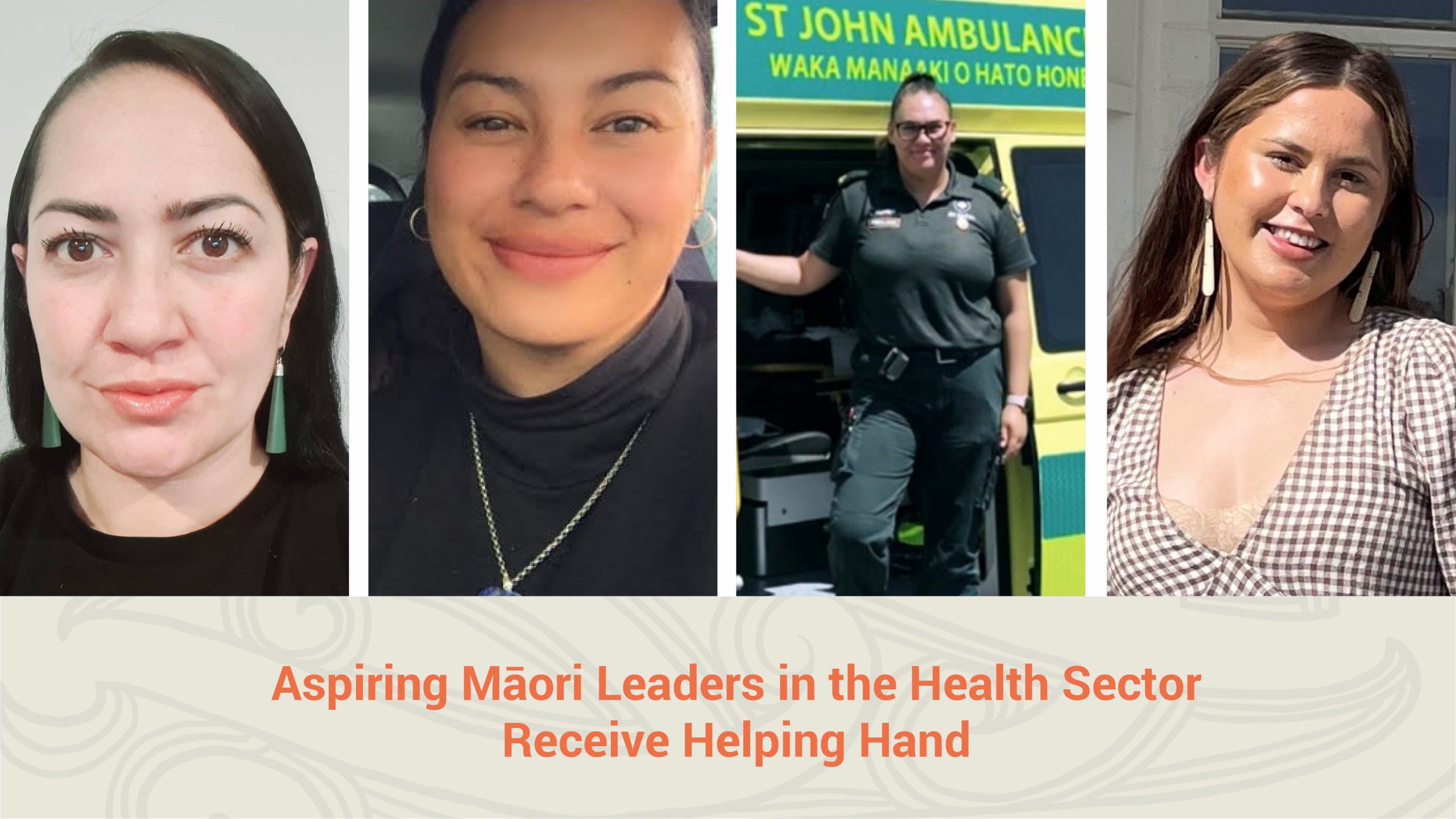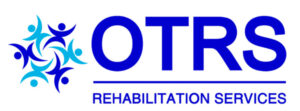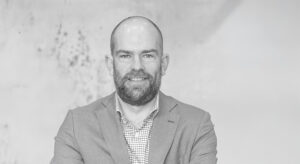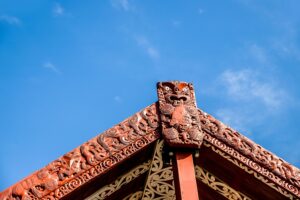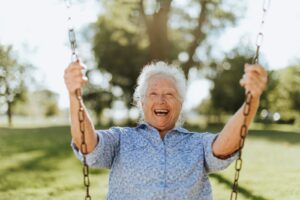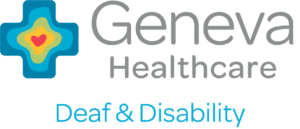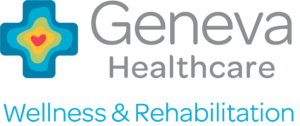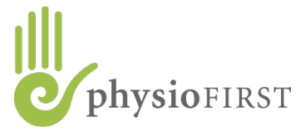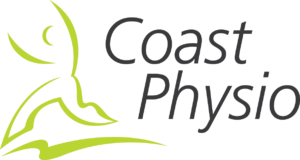An aspiring nurse, nurse practitioner, clinical psychologist, and a St John’s ambulance medic, who all strive to make meaningful change and improve Māori health and well-being outcomes, are this year’s recipients of the Hiwa-i-te-rangi Māori Health Leadership Scholarship.
Valued at a total of $20,000 the purpose of the scholarship, which is supported by leading home and community provider New Zealand Health Group (NZHG), is to enable more Māori to be in decision-making leadership roles within the health sector.
Ranei Wineera-Parai, Group Executive Cultural Advisor for NZHG, says “We are truly humbled by the commitment each of these recipients is demonstrating to make a real difference in improving access and equity of healthcare for Māori in their communities.
“Forging stronger partnerships with iwi and Māori health leadership is essential if we want to ensure our health system delivers equitable outcomes and for everyone in Aotearoa New Zealand.
“It is a privilege to be supporting the journey and partnering with these four individuals as they contribute to building a responsive health service which we know will help serve the specific needs of our Māori clients and their whānau,” said Ms Wineera-Parai.
Each of the recipients will receive $5,000 to assist them in advancing their training and qualifications to address Māori equity through leadership. The 2022 recipients include:
Sophia Wairoa-Harrison:
Sophia is currently enrolled in a Graduate Diploma in Psychology at Otago University and aims to be accepted into a clinical programme in 2024. Sophia aspires to be a clinical psychologist focusing on maternal wellbeing and acknowledging that wāhine Māori are overrepresented in maternal suicide statistics and Māori, in general, have high suicide rates, she is also interested in the impact of trauma on the central nervous system.
“Tangata ako ana i te kāenga, te tūranga ki te marae, tau ana – a person nurtured in the community contributes strongly to society. I see this scholarship as one way I am being nurtured by the wider community as I develop my aspiration to be a leader for Māori health.”
Ani Tomoana:
Having completed her masters in nursing at the Eastern Institute of Technology, Ani aims to train as a nurse practitioner so that she can ensure whānau has better access to medicines and healthcare services. As part of her plans, Ani wants to develop a space that encourages whānau to learn about their own self-identity and self-empowerment which connects them to cultural and traditional health practices.
“After I graduate, due to the increased demand in the healthcare workforce and the poor health status amongst Māori, I plan to work as a nurse practitioner within my community to work alongside whanau on their health journey and fulfil their life aspirations.”
Destiny Robinson:
Living in the beautiful rural town of Murupara in Whakatane, Destiny’s first-hand experience of the lack of medical support in rural areas has inspired her to undertake a Bachelor of Nursing to become a qualified nurse. A solo parent to three young children and living an hour’s drive away from campus, this scholarship will assist with the financial stresses she faces in achieving her dream and changing not only her future but that of her children and her community.
“I am a strong believer that our children are the foundations to our future, but if we can’t provide them with a great start to life, then we have failed their future. By becoming a qualified nurse I can help bring a much needed service for my community. I will be able to relieve some stress from the whānau here and have a hand in aiding and supporting the community.”
Farren McGregor-Smith:
Farren’s plans after graduating from a Bachelor of Health Science (Paramedicine) is to apply for a degree in Bachelor of Medicine and Surgery. Alongside this, Farren aspires to work for the St John’s National Māori Responsiveness team to drive meaningful change in the pre-hospital setting.
“I want to contribute to advocate for equitable health outcomes for Māori that incorporate both Te Ao Māori and Te Ao Pākehā.

